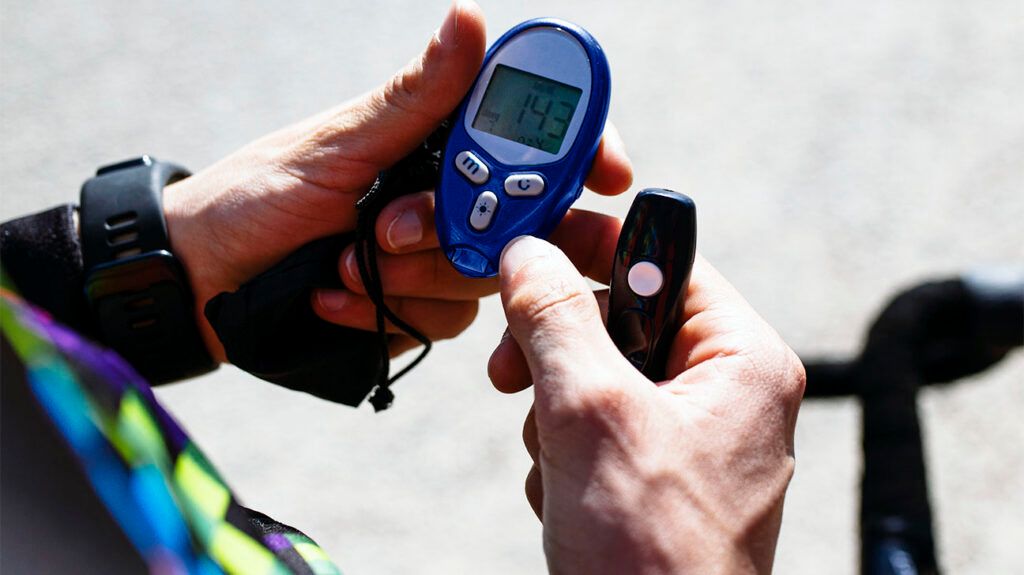
In a groundbreaking development, Swedish researchers have unveiled a new medication that could revolutionize the treatment of type 2 diabetes and obesity. Unlike the widely used GLP-1 drugs, this new oral medication aims to aid weight loss while preserving muscle mass, a significant advancement for millions affected by these conditions. The study, conducted by scientists from the Karolinska Institute and Stockholm University, was recently published in the journal Cell.
The new drug operates through a unique mechanism involving skeletal muscle metabolism, contrasting with the appetite-suppressing function of GLP-1 drugs like Ozempic. This innovative approach could mitigate the common side effect of muscle loss associated with existing treatments.
Preserving Muscle Mass: A New Approach
GLP-1 drugs, including Ozempic and Wegovy, have been effective in promoting weight loss by reducing hunger signals and slowing gastric emptying. However, studies indicate these medications can lead to a reduction in lean muscle mass by up to 60%. Muscle tissue plays a crucial role in maintaining metabolic rate and regulating blood sugar levels, making its preservation vital for long-term health.
The Swedish researchers’ novel drug, taken in tablet form, activates metabolism directly in the muscles. In animal trials, it demonstrated the ability to avoid the muscle loss typically seen with GLP-1 drugs. This is particularly important as muscle mass loss can lead to a slower metabolism, reduced strength, and increased risk of osteoporosis, especially in older adults.
“Losing muscle leads to weakness and a slower metabolic rate; more muscle means more calories are burned, even at rest,” explained Dr. Mir Ali, a bariatric surgeon not involved in the study.
Clinical Trials and Initial Findings
The initial phase 1 clinical trial involved 48 healthy individuals and 25 participants with type 2 diabetes. Each participant took a 2.5 mg tablet daily for 28 days. Researchers monitored several health metrics, including heart rate and blood pressure, to assess the drug’s tolerability.
Overall, the drug was well-tolerated, with only a mild and transient increase in heart rate noted early in the trial. By day 28, there were no significant differences in heart rate or blood pressure between the groups. One participant experienced a severe adverse event, but it was in a patient with preexisting cardiac conditions, and the issue resolved without complications.
“The trial of this drug is promising since it provides a means of losing fat without losing muscles,” noted Maria Knöbel, MBBS, who was not involved in the research.
Looking Ahead: Future Trials and Implications
With the success of the phase 1 trial, researchers are poised to advance to a longer phase 2 clinical trial. This next phase will focus on the drug’s effects on muscle mass, glucose levels, and insulin sensitivity in people with type 2 diabetes and obesity.
Dr. Ali emphasized the importance of a weight loss drug that does not compromise muscle mass, highlighting the potential for better long-term outcomes in diabetes management. The new medication’s ability to preserve muscle while promoting fat loss could significantly enhance patients’ metabolic health and quality of life.
The development of this drug represents a promising step forward in the treatment of diabetes and obesity, offering hope for more effective and sustainable weight management solutions. As the research progresses, the medical community eagerly awaits further results that could confirm the drug’s efficacy and safety in larger populations.






